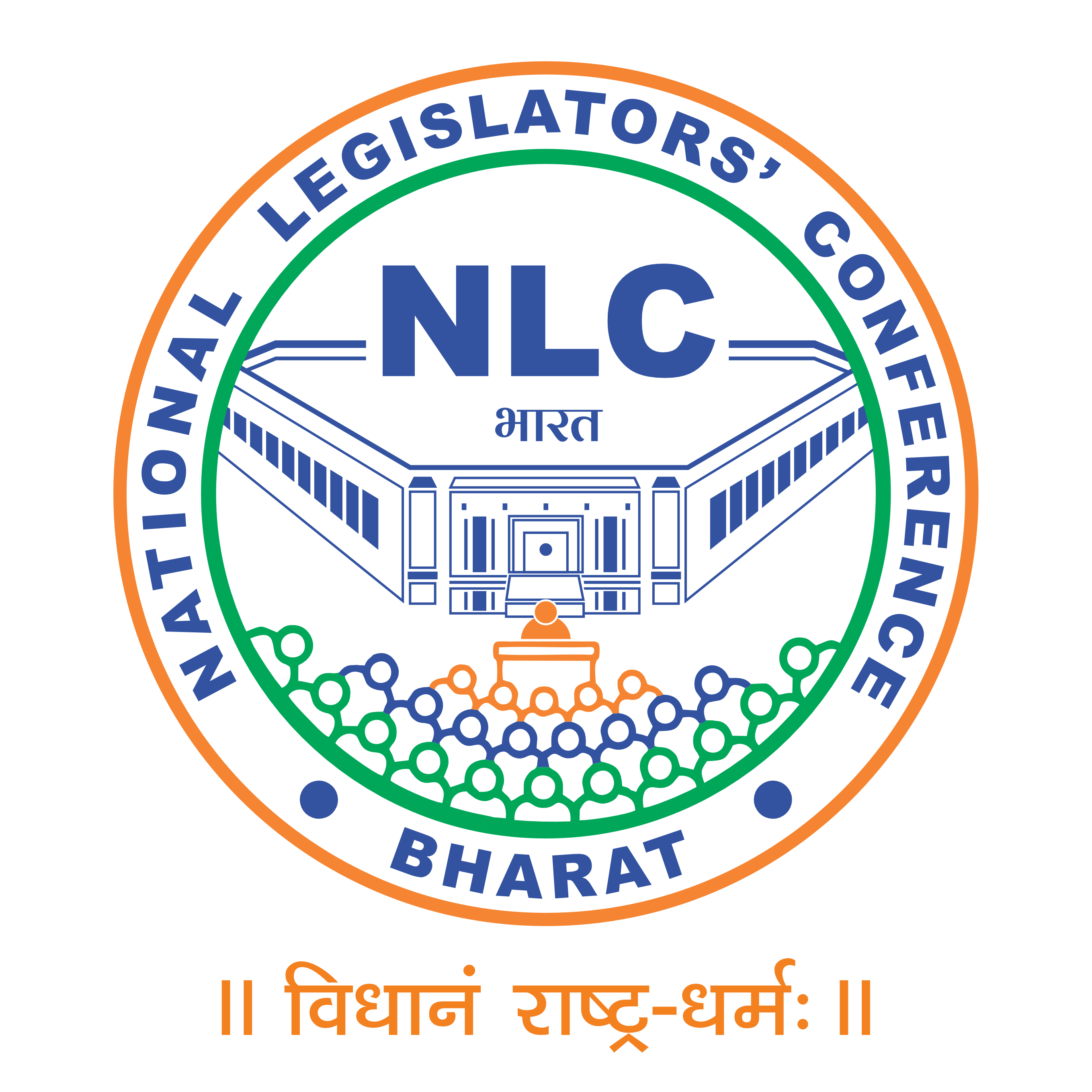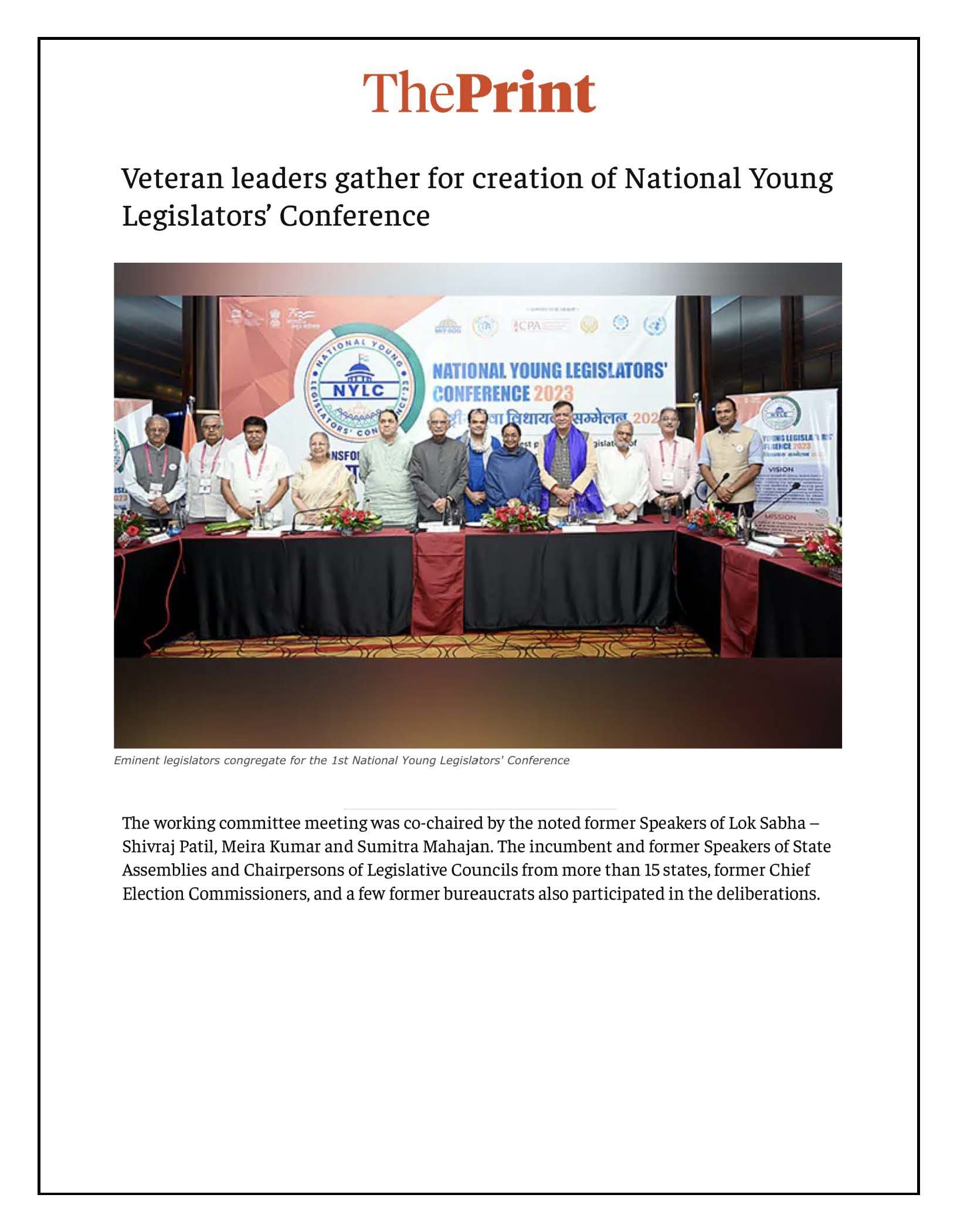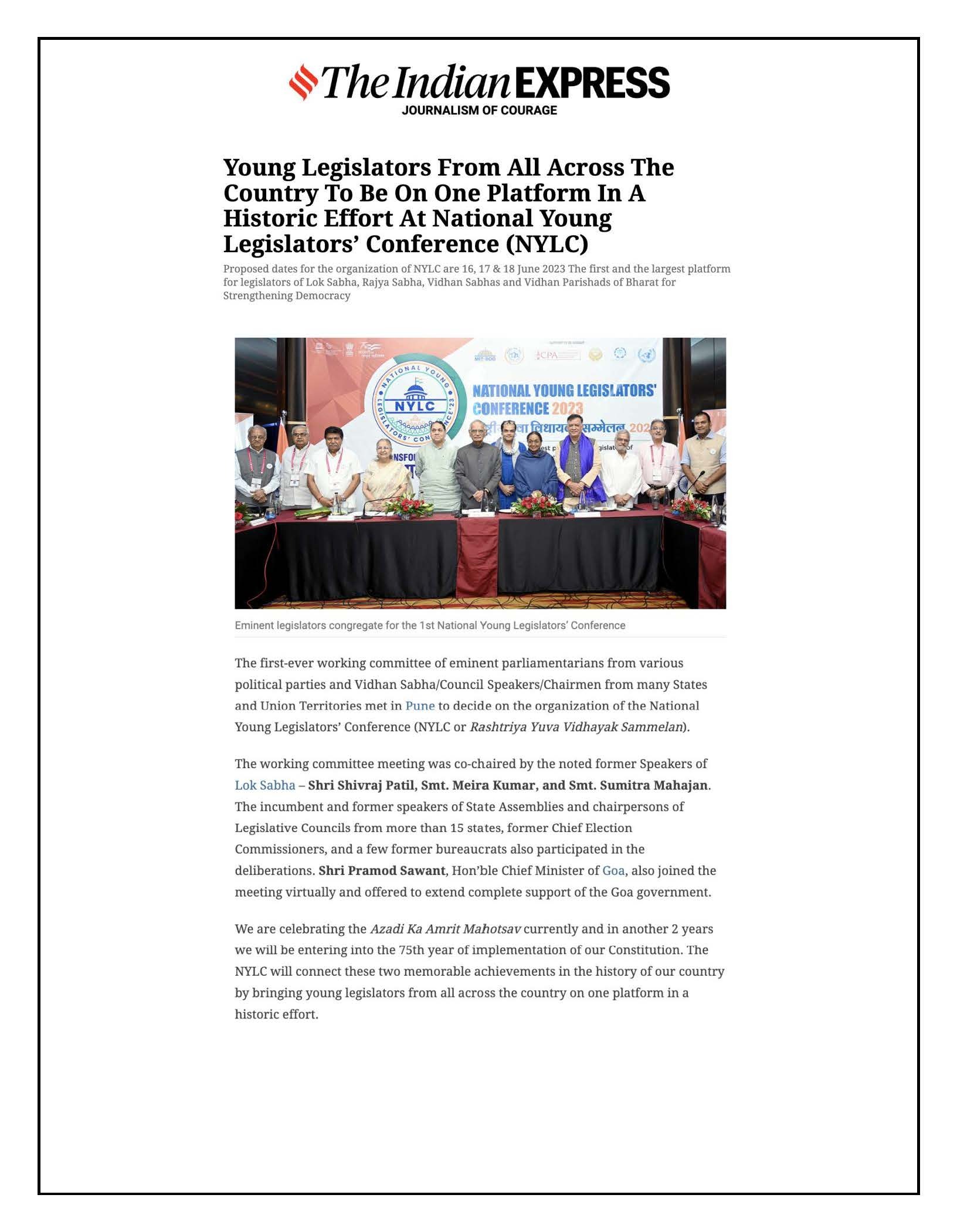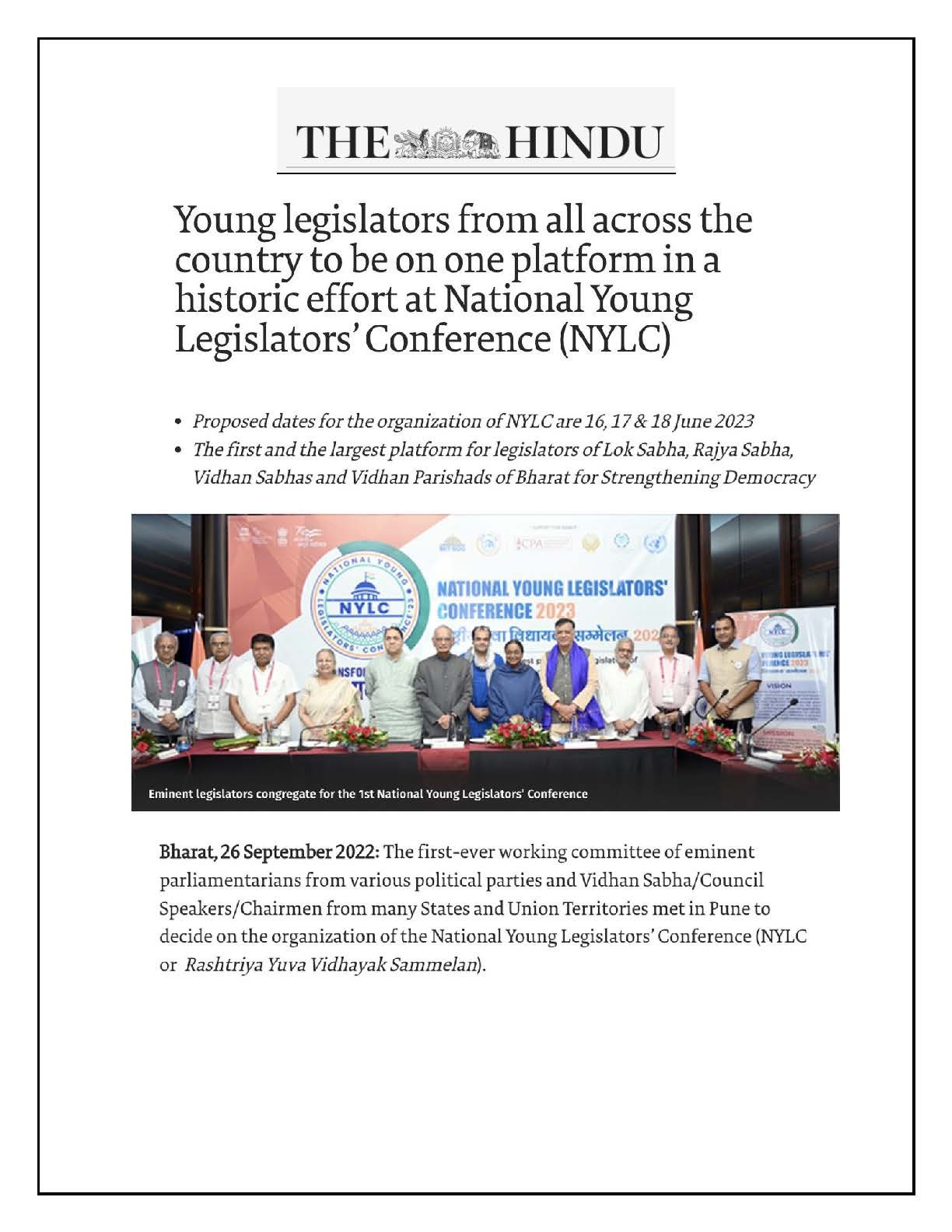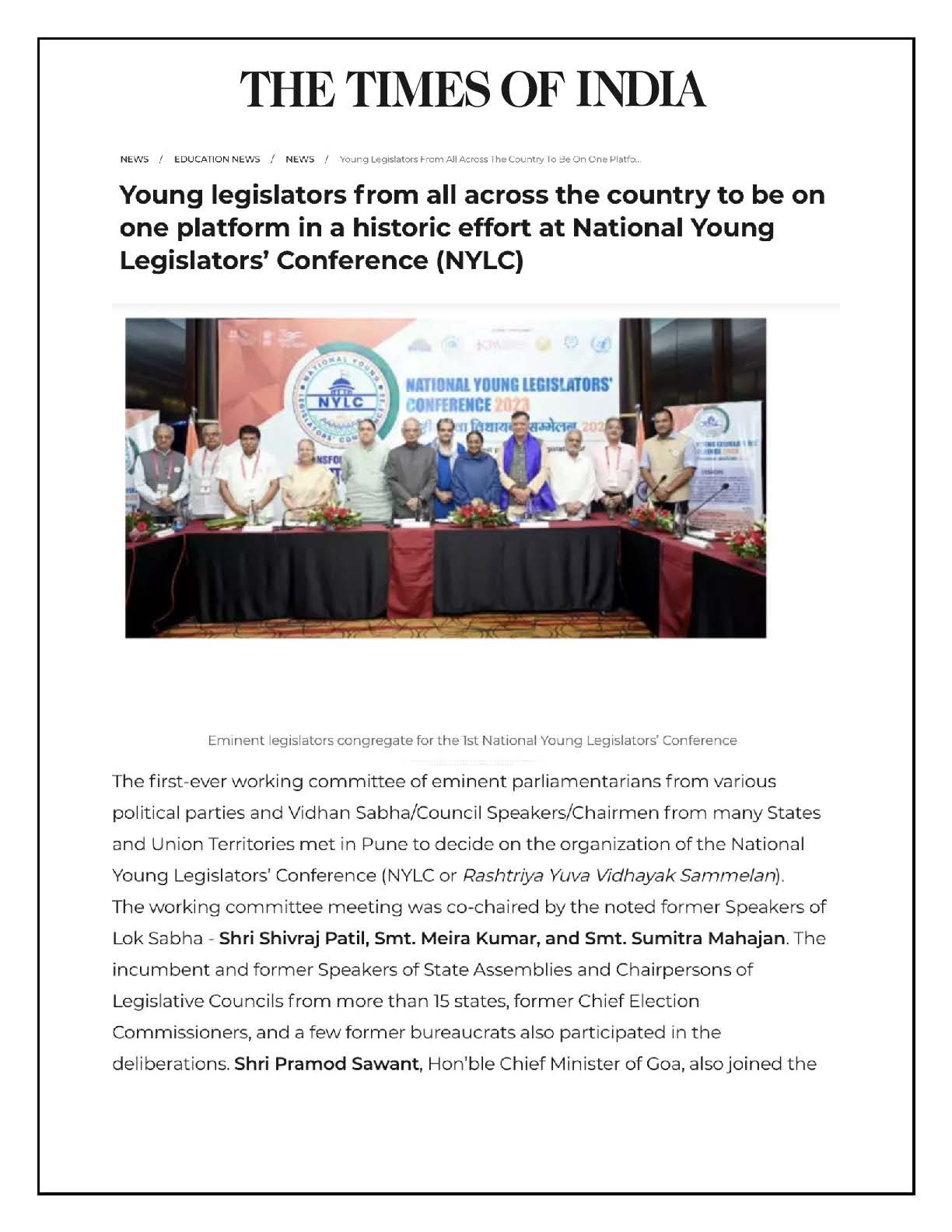Work, almost always, assumes priority over all other aspects of our existence, and it’s no surprize, because everyone understands that ‘economic demands come first’. We may be tempted to put our own well-being last to achieve professional success. Yet, striking a healthy work-life balance is essential if we are to enhance not only our physical, emotional, and mental health but also well-being of our near and dear ones. In short, we may define work-life balance as “the state of equilibrium where a person equally prioritizes their social and professional responsibilities and their personal life in equal measures.” Common causes of a poor work-life balance include the following:
- Ever-increasing obligations at work,
- Putting in more working hours,
- Family responsibilities,
- Lack of planning skills,
- Personal ambitions, etc.
In Western political culture, it is not unusual to find politicians going on a “summer break”. Sanna Marin, the prime minister of Finland, took a four-week summer trip in September 2021. Pictures of her having fun on holiday quickly gained popularity on social media. Not surprisingly, the Indian media also paid attention to it. Vladimir Putin has been pictured in images over the years spearfishing, hunting, and sailing when on holiday. Even though she is a hard worker, Angela Merkel occasionally travels to Italy with her husband Joachim Sauer for a hiking trip. The Taj getaway to India in 2018 may have been too much for Canadian Prime Minister Justin Trudeau, but it hasn’t prevented him from taking additional spontaneous breaks.
The way of all human beings is this. Both relaxation and mental stimulation are required for the body. This is most required for our political leaders. In India, however, our leaders are generally not seen to have relaxation time with family and friends. Going on declared holiday is considered to be even worse in public perception.
Political leaders have been forced to devote all of their time to their professions due to the ever-increasing demands of the citizens. They are also side-lining personal life to fulfil work responsibilities. That is the beginning of the mismatch between professional choices and personal life.
So, all politicians – big or small, keep extraordinarily long hours. Their mornings begin early with a rush of calls and visitors, which only serves to highlight how busy the day is. A politician’s existence has always included travel, and not just when an election is coming up. And no, not everyone can afford to travel in the comfort of a private vehicle.
The participants in this session can address the following questions during the discussions:
- How can we establish a work-life balance that is actually workable?
- How do we limit the time citizens spend interacting with their elected representatives physically? How practical is the method of virtual meetings?
- How can we make political leaders more aware of office and time management?
- How can we encourage elected officials to adopt healthy living practices?
- How can techniques like Relaxation and Meditation help one to manage Work-Life Balance?
- How can Work-Life Balance offer a key to a creative, healthy work force, citizens, and effective governance?
- What is the impact of unhealthy Work-Life Balance on nation’s economy?
